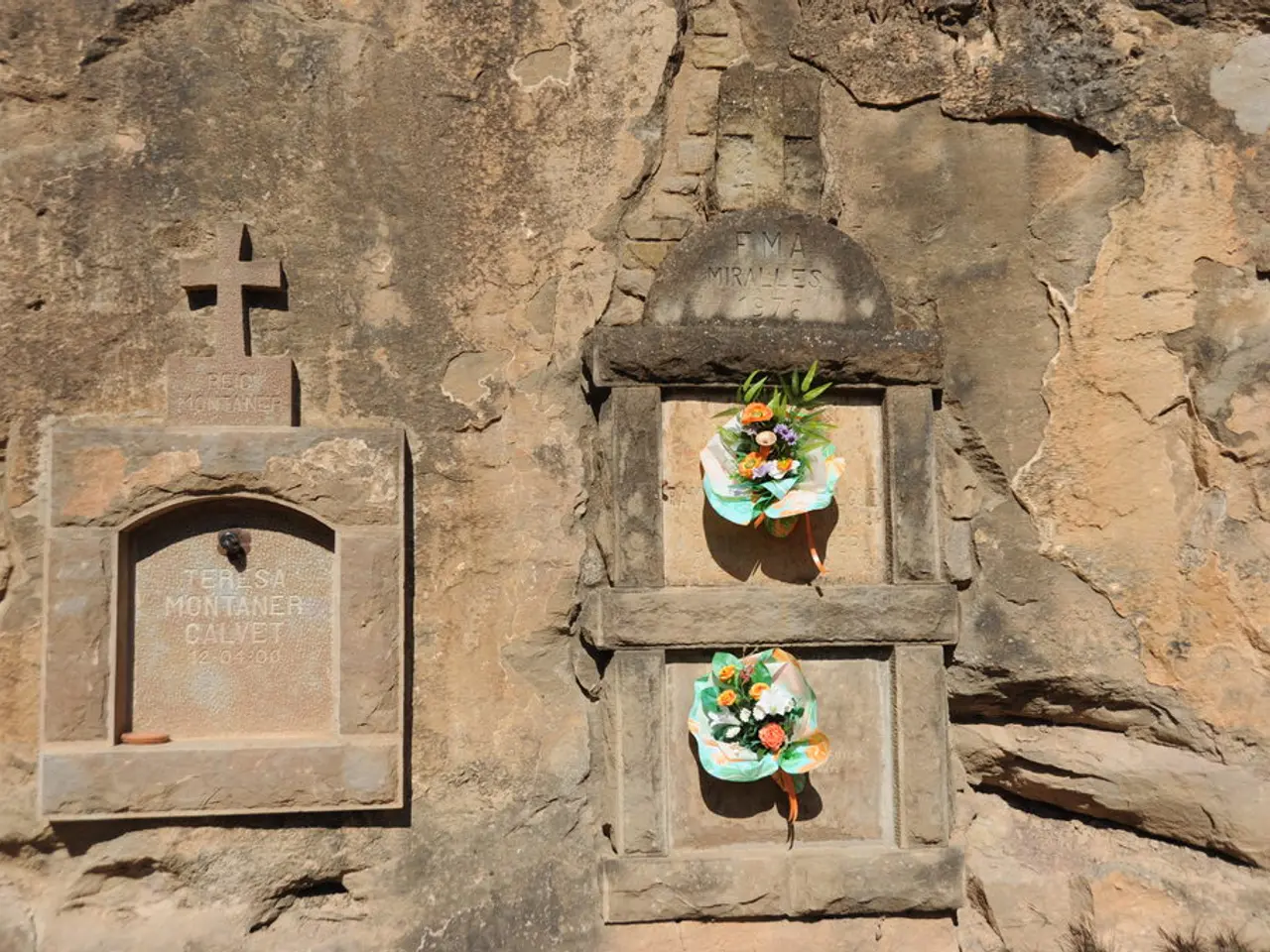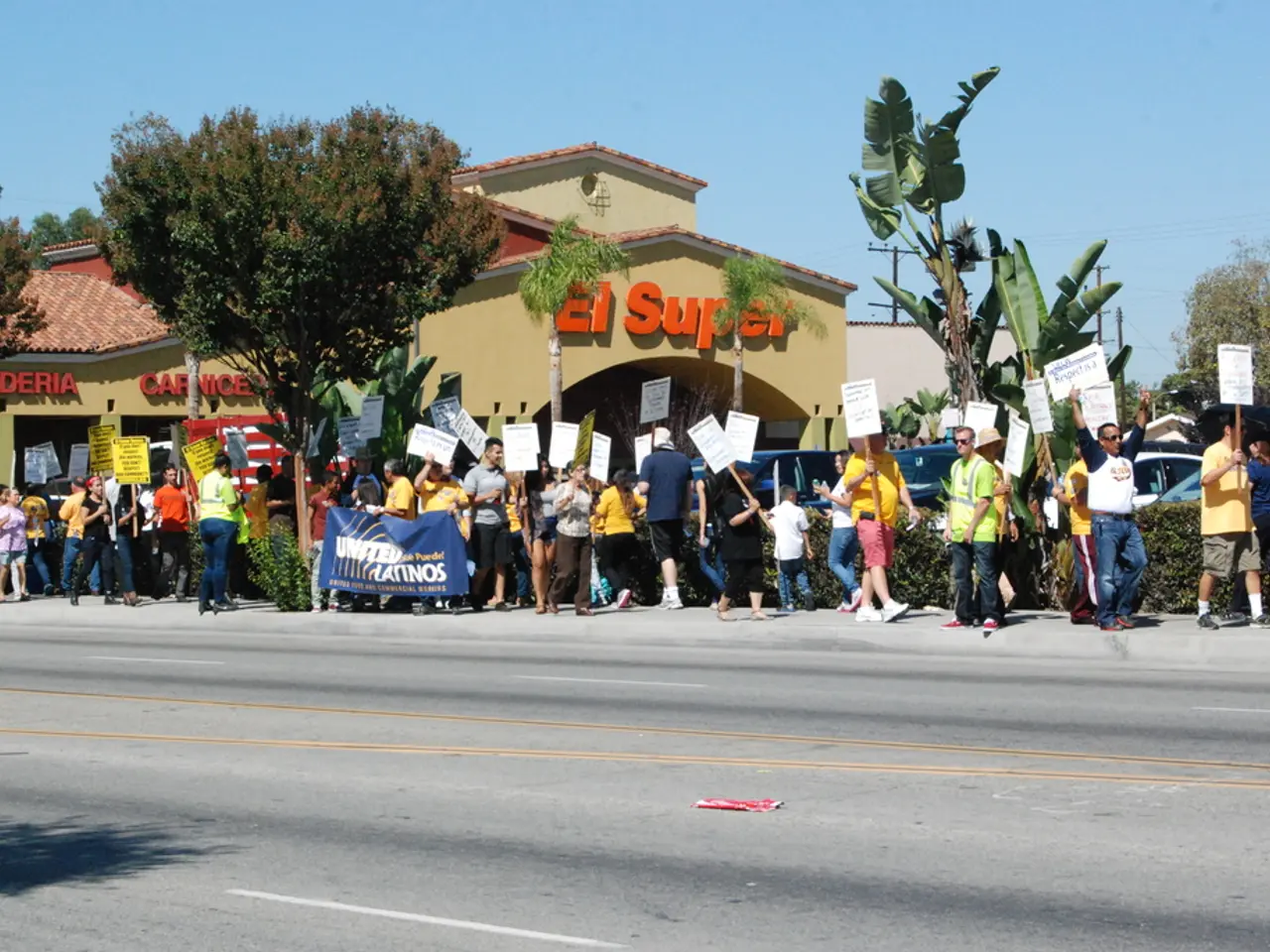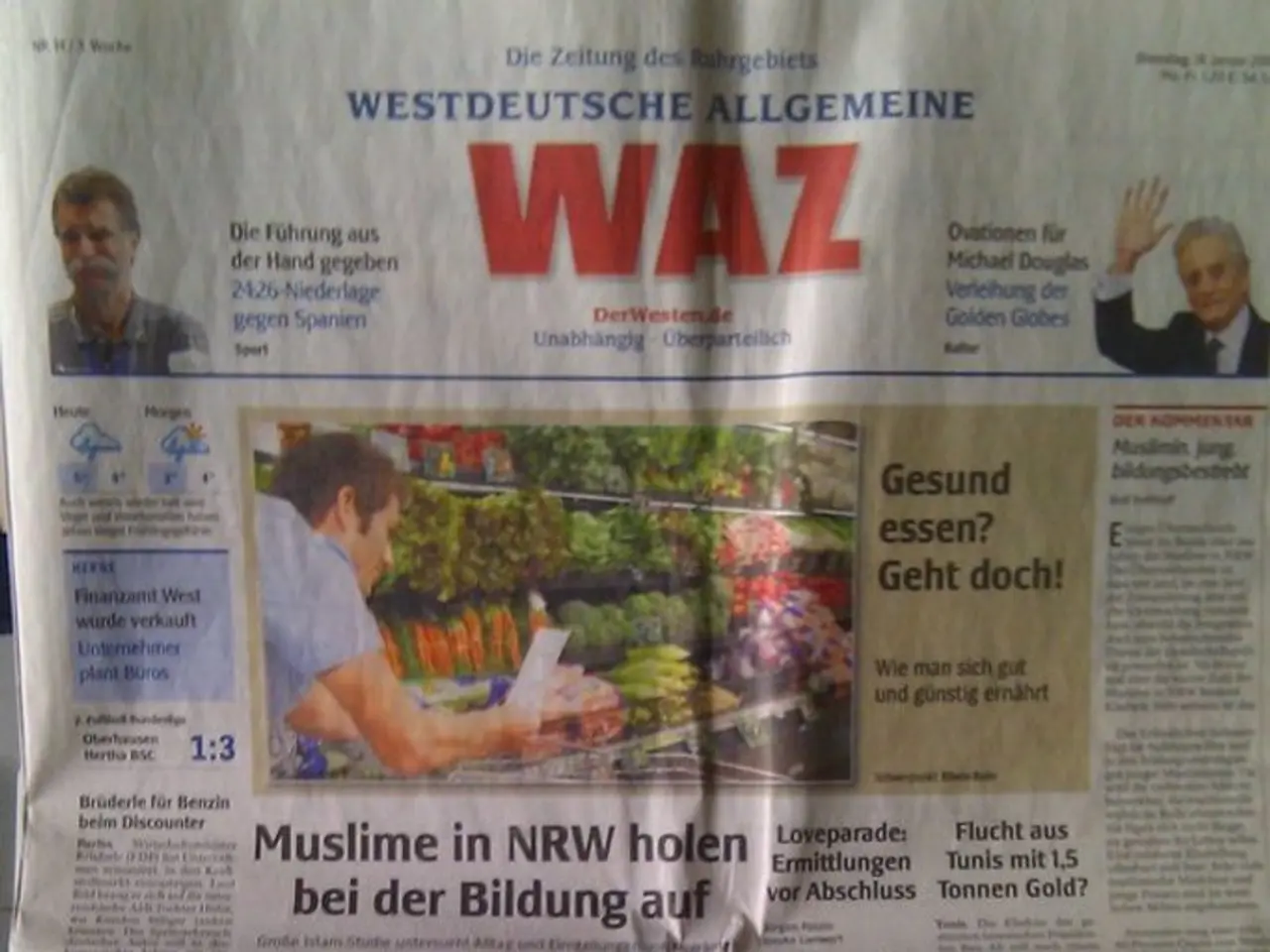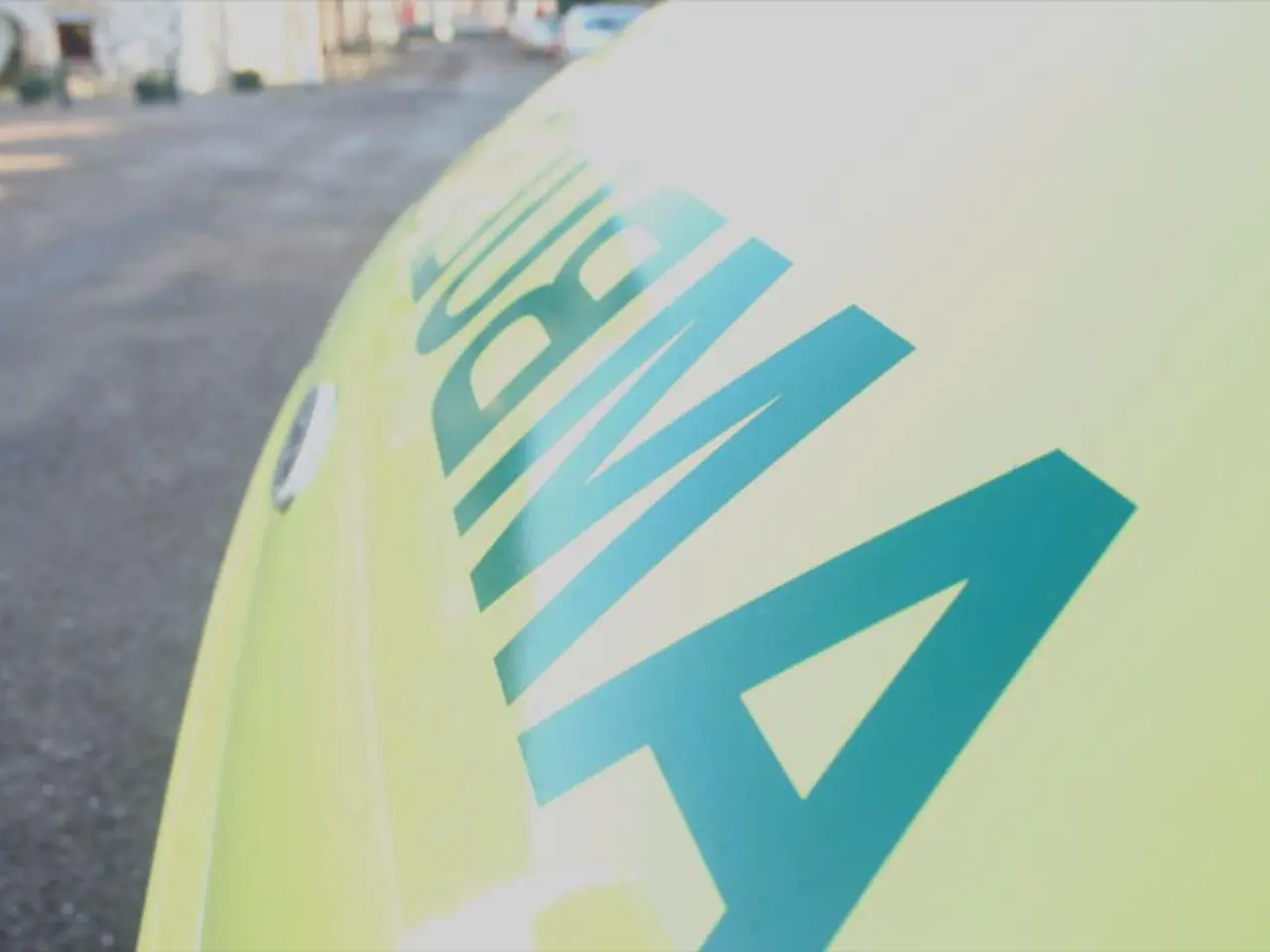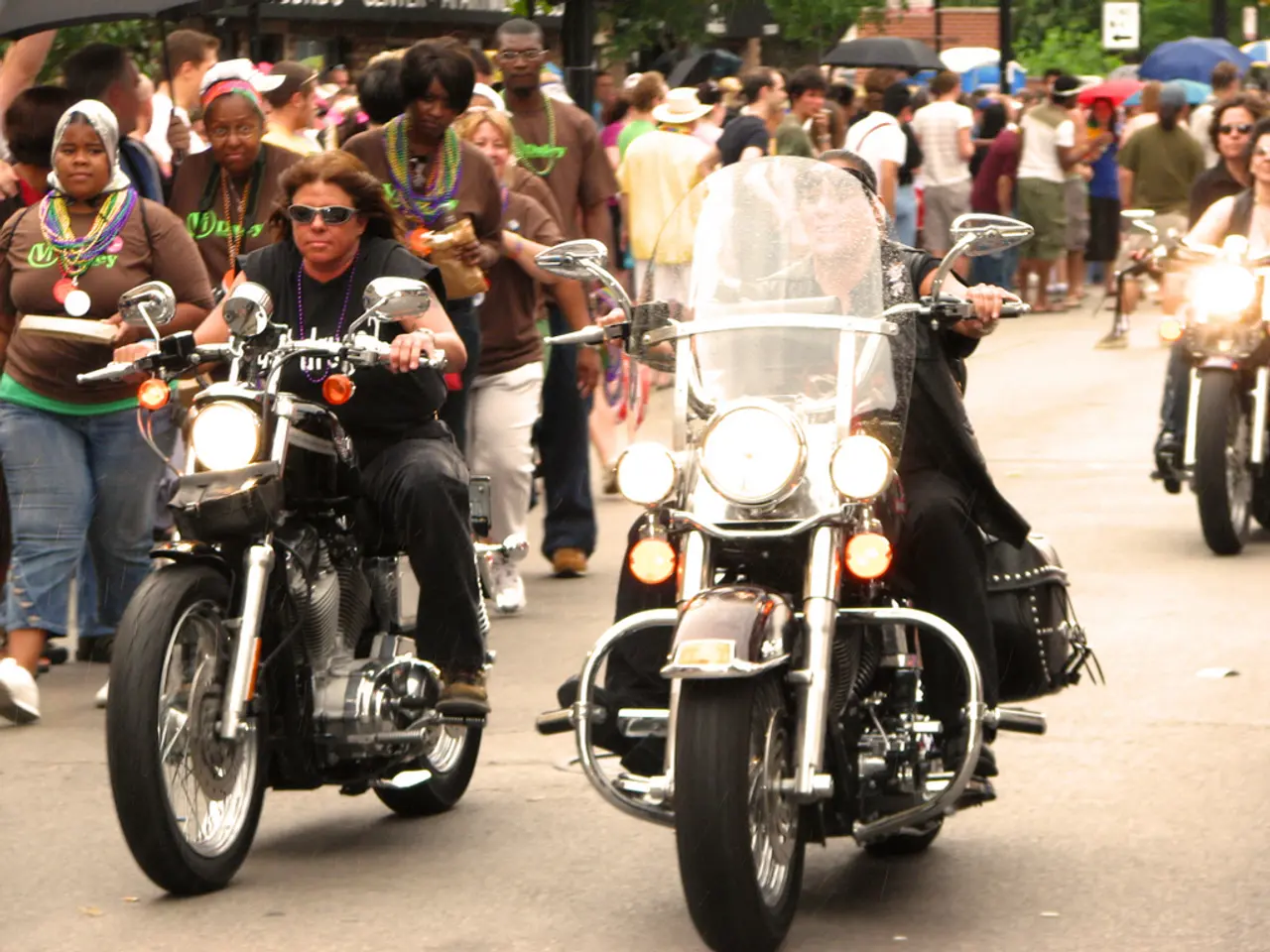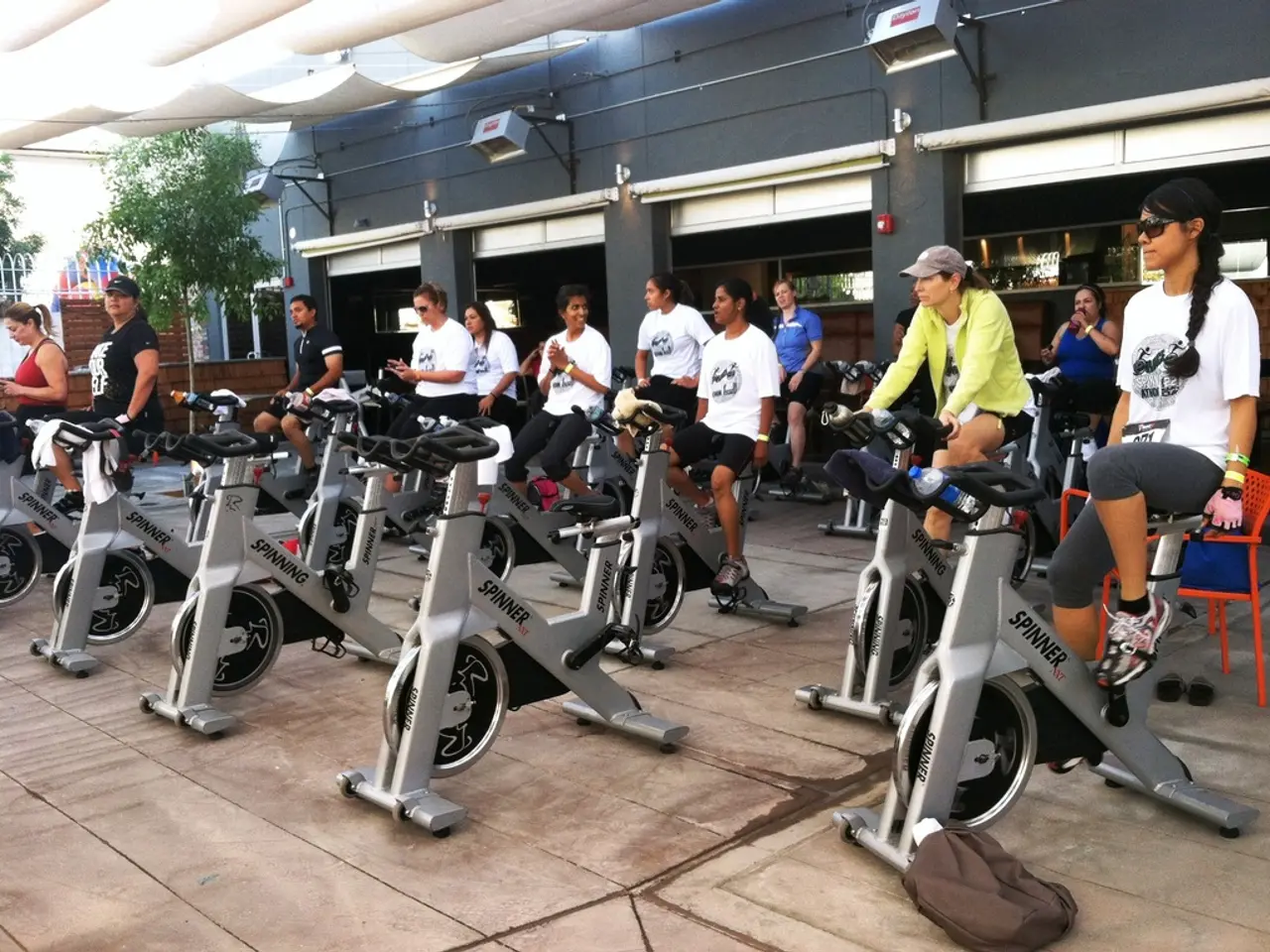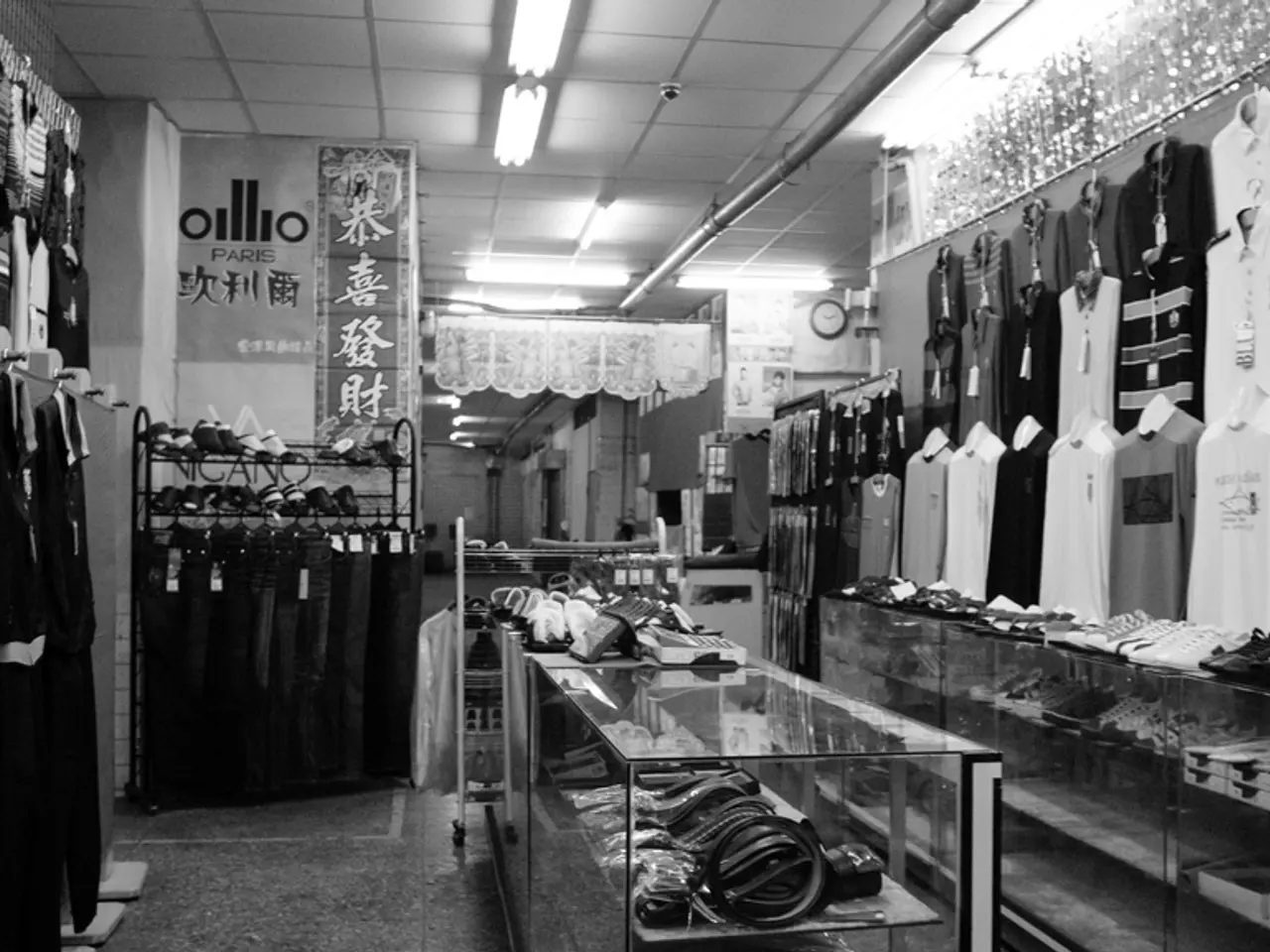Restored Soviet Memorial Unveiled
The Soviet Memorial in Dresden, a poignant remnant of World War II history, is set for a renovation in the second half of 2024. This restoration project, spearheaded by the Urban Green and Waste Management Office, is part of a broader urban renewal and historical memory process in the city.
Dresden, a city that bore the brunt of Allied bombing during World War II, has a rich history of post-war reconstruction. This includes the restoration of historic sites as well as Soviet-era monuments. The renovation of such memorials is deeply rooted in the complex historical context of Dresden's wartime destruction, Cold War narratives, and the city's evolving cultural memory after German reunification in the 1990s.
The Soviet Memorial, originally placed on Albertplatz, was moved to Olbrichtplatz in 1994 by the Dresden City Council. The monument, first erected on German soil after World War II, stands as a listed memorial, commemorating the end of World War II in Europe. It serves as a historical witness to World War II events and symbolizes the suffering caused by the German attack on the Soviet Union and resistance against fascist aggression.
The renovation of the Soviet Memorial is of significant importance, not only for preserving a physical link to a turbulent historical period but also for contributing to Dresden's identity as a place of memory for World War II victims and post-war division. The aim is to start the public tender promptly to ensure that the renovation can begin in the fall of 2024.
Mayor of Culture Annekatrin Klepsch (Left Party) emphasised the importance of the renovation and contextualization of the Soviet Memorial, stating that it is essential for the state capital of Dresden to fulfil its responsibility in the field of memory culture. A working group in the Advisory Board on Memory Cultures is addressing the necessary historical contextualization of the renovated monument.
During the renovation process, the sculpture and the tablets of the memorial will be dismantled and thoroughly restored in a workshop. The historical contextualization will be directly related to the memorial and will connect to the efforts of the Office for Culture and Heritage Protection regarding "Uncomfortable Monuments". An information point is to be added to the Soviet Memorial after consultation in the Advisory Board on Memory Cultures.
The renovation and contextualization of the Soviet Memorial take place within a complex historical context. They are simultaneously a subject of historical reflection, debate over ideological symbolism, and efforts to foster inclusive remembrance. The project is particularly important in view of the 80th anniversary of the liberation from National Socialism. After the work is completed, the sculpture will be reinstalled at its place by May 2025, in time for the 79th commemoration of the end of World War II in Europe.
However, the renovation project has not been without controversy. Recently, there has been criticism of the artistic intervention at the Soviet Memorial in the context of the Russian invasion of Ukraine. The city council and the Urban Green and Waste Management Office will undoubtedly face challenges in navigating these complex issues while preserving the historical integrity of the monument.
[1] Dresden's Soviet Memorial: A Symbol of History and Controversy, The Dresden Times, 2023. [2] Dresden's Urban Green and Waste Management Office, Official City of Dresden Website, 2023. [3] Dresden's Memory Cultures Advisory Board, Official City of Dresden Website, 2023. [4] Post-Communist Urban Planning: A Case Study of Dresden, Journal of Urban Planning and Development, 2022.
The renovation of the Soviet Memorial, steeped in political significance and historical context, is an essential aspect of Dresden's urban renewal and memory culture, serving as a vital link to World War II events and post-war division (politics). This project, embarked upon by Dresden's Urban Green and Waste Management Office, also entails a critical examination of the memorial's historical context, including the complexities of "Uncomfortable Monuments" (general news), further elucidating Dresden's rich history of war-and-conflicts and post-war reconstruction.
